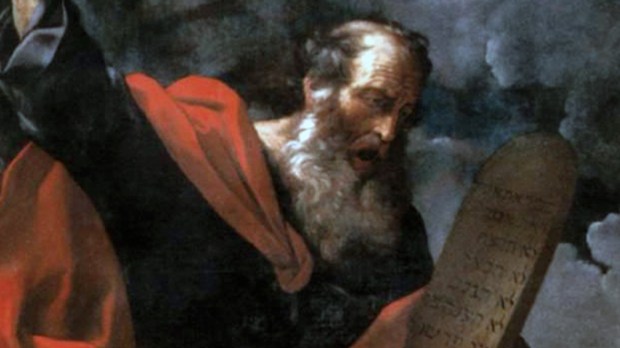Are you ever afraid of the future? Does the unknown create anxiety in your heart?
Moses dealt with a similar situation with the people of Israel. He led them through the desert and they were on the brink of entering the Promised Land. However, many were skeptical and were unsure about what would happen next.
According to the Israel Institute of Biblical Studies, “The word ‘today’ appears 59 times in Deuteronomy – far more than in any other biblical book …The original Hebrew word for ‘today’ spoken by Moses is ha-yom (הַיּוֹם), which literally means ‘the day.’ Moses’ repetition of this word is meant to calm the people: take it one day at a time … He wanted the people to focus only on the here and now.”
The people of Israel had much to be worried about, as their recent past wasn’t so great and they continually doubted God and his goodness.
To combat those fear, Moses wanted them to renew their covenant with God, “Today.”
Furthermore, the words of Moses also have an “eternal” quality to them, referring to the “today” of anyone who reads/hears them.
Professor Everett Fox explains this aspect of the word on TheTorah.com.
The eternally renewed “today” seeks to connect the generations and bind them together in a common destiny …“Today” … challenges all hearers of the text to make the moment their own.
Professor Benjamin D. Sommer expands on this idea in an article for The Jewish Theological Seminary.
Ultimately, the “today” of which Deuteronomy speaks includes the “today” of the book’s audience—that is, the many “todays” of each person the text addresses … Deuteronomy wants the audience’s acceptance of God’s commands to occur “today,” not in the past. Religious meaning seems reserved for a moment that knows neither past generations nor future ones, but only an eternal now. This is the reason our parashah, like the book of which it is part, uses the word “today” to refer to several different days: the “today” that matters is whatever day we happen to be reading Deuteronomy.
As we look to the future, let us try not to let all the uncertainties overwhelm us. All God wants from us is to accept him into our heart “today,” not tomorrow or yesterday, but “today.”
May we focus more on the present moment, seeking ways to follow God, rather than being stuck in the past or always worried about the future.

Read more:
How living the present moment keeps us connected with God

Read more:
How meditation on the present moment can relieve anxiety

